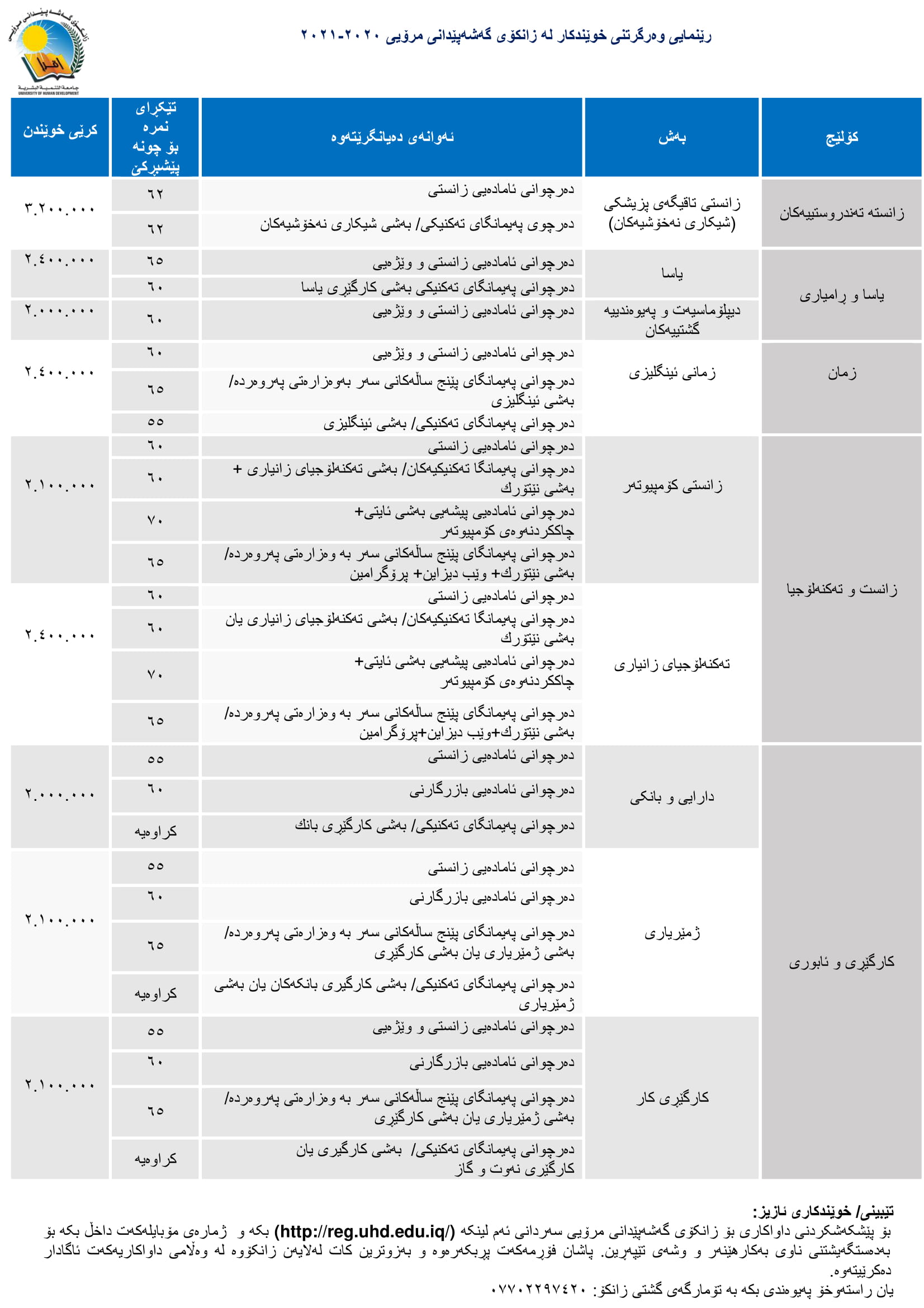College of Law and Politics convenes a seminar on 'The meaning of nationhood'
A discussion of the Cassation Court's decisions on compensation for moral damages to legal persons
2024-11-25
Law Professor Dr Saman
Fawzi, from the Department of Law at the University of Human Development, held
a seminar in the form of a discussion on some decisions of Iraq and Kurdistan’s
Cassation Courts regarding compensation for moral damages to legal persons. The
seminar, titled ‘A discussion of the Cassation Court’s decision on compensation
for moral damages to legal persons,’ took place at the Seminar Hall on 24th
November 2024. Prof. Dr Saman Fawzi
mentioned that the Iraqi and Kurdistan courts are moving in the direction of
not allowing the legal person (also known as the juridical person or fictitious
person), as opposed to the natural person (also known as the physical person),
to sue for compensation for moral damages because they do not have feelings to
be hurt. However, natural persons can seek moral damages. He displayed some
decisions of the Iraqi and Kurdistan Cassation Courts on a screen, showing that
they have denied the legal person the right to sue for compensation. He criticised
the decisions and stated that both legal persons and natural persons have
reputations and social positions, and therefore can both be harmed. The law permits legal
persons to prosecute the perpetrators under criminal law, but this will not
benefit the plaintiff. The punishment will either be a fine, which will go to
the government, or a prison sentence, which will not benefit the plaintiff. Dr Fawzi delved into
details and explained that the courts in Iraq and Kurdistan have classified
legal persons into two categories: General Legal Persons (or Public Legal
Persons), which includes government agencies and institutions, and Private
Legal Persons. General Legal Persons
cannot sue for compensation (civil lawsuit) for moral or material damages, but
they can prosecute the offender under criminal law. A Private Legal Person
cannot sue for compensation for moral damages but can for material damages. Dr Fawzi argued that
all types of legal persons should be able to sue for compensation and that
wrongdoers should be liable for moral and material damages if they are unable
to defend themselves; otherwise, more legal persons will be targeted by
irresponsible individuals for misconduct and corruption, damaging their
reputation and finances. In short, a legal person must be liable and have the
ability to seek damages, both material and non-material. He also mentioned that
legal compensation in civil lawsuits is not only monetary, but can also include
a public apology or payment of legal costs.


